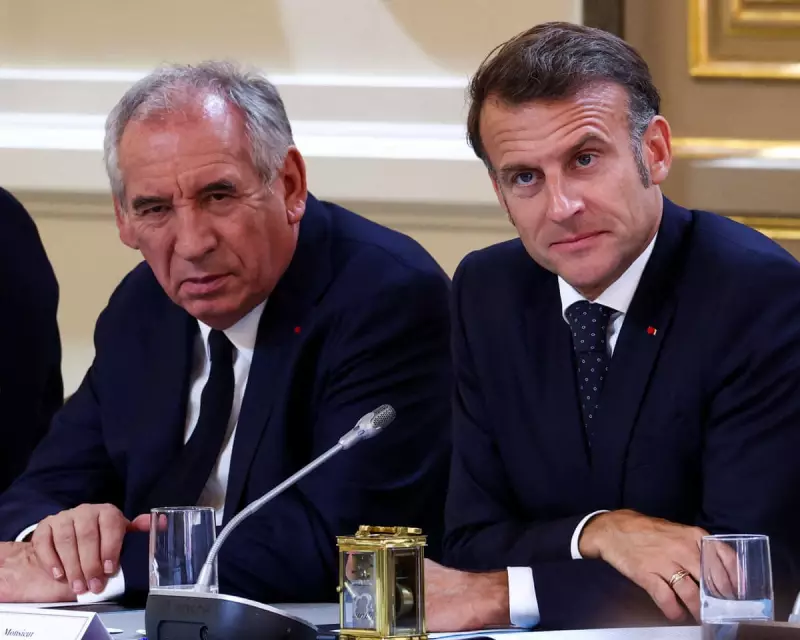
In a move that has sent shockwaves through the French political establishment, President Emmanuel Macron has publicly endorsed his long-time centrist ally, François Bayrou, as his preferred successor for the 2027 presidential election.
The announcement, made during a high-profile speech in Paris, signals a strategic consolidation of the centre-ground. Macron, who cannot run for a third consecutive term, is seeking to ensure his political project outlasts his presidency by backing the experienced Bayrou, the founder of the MoDem party.
A Calculated Political Gambit
This endorsement is far more than a simple blessing; it represents a deliberate and calculated merger of political forces. Macron’s own Renaissance party and Bayrou’s MoDem are set to form a unified group within the French parliament, creating a formidable centrist bloc.
This alliance aims to present a united front against the growing threats from the far-right National Rally, led by Marine Le Pen, and the newly formed left-wing coalition, the Popular Front. Macron framed this decision as essential for national stability, arguing that a fragmented centre would only benefit political extremes.
Bayrou: The Veteran Centrist
By choosing François Bayrou, Macron is placing his trust in a seasoned political operator. A three-time presidential candidate himself, Bayrou is a respected figure known for his unwavering commitment to centrist, pro-European values. His experience is viewed as a stabilising force that can appeal to a broad section of the electorate.
However, the endorsement is not without its risks. Some within Macron’s own party harbour ambitions for the top job and may view this anointment as a premature coronation, potentially creating internal friction.
Reshaping the Battlefield for 2027
Macron’s early backing of Bayrou dramatically alters the dynamics of the next presidential race. It effectively clears the field within the governing coalition, forcing other potential centrist candidates to fall in line or risk being sidelined.
The move is a clear attempt to learn from the recent electoral turmoil and present a coherent, unified alternative to voters. Whether this alliance can withstand the pressure from a resurgent far-right and a reorganised left remains the defining question for France’s political future.





